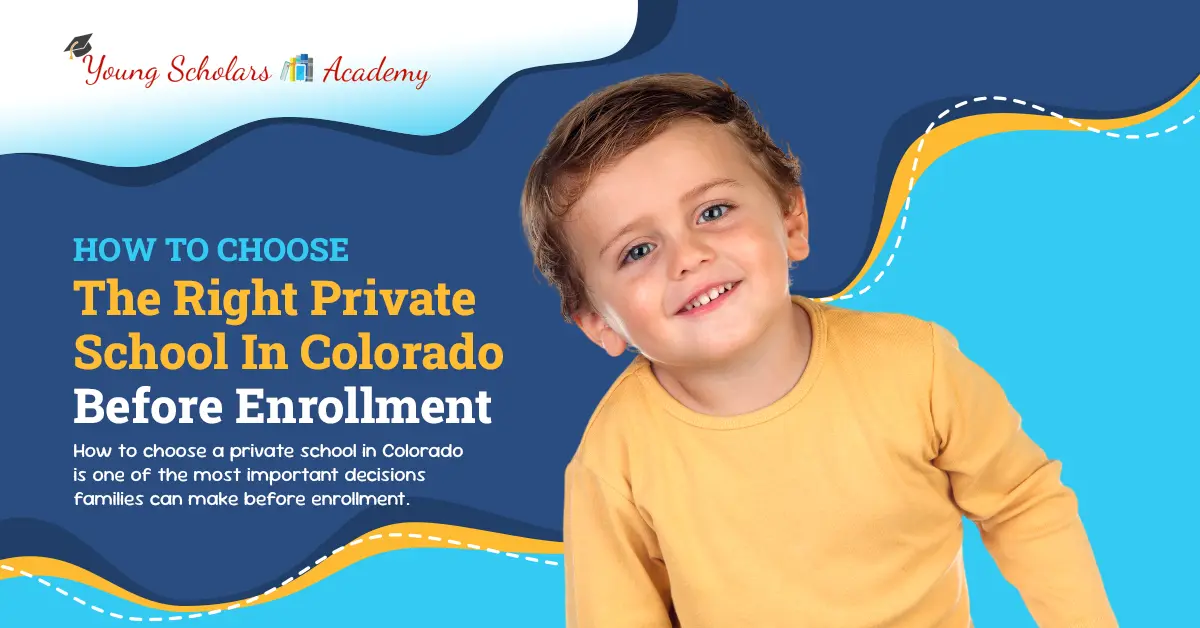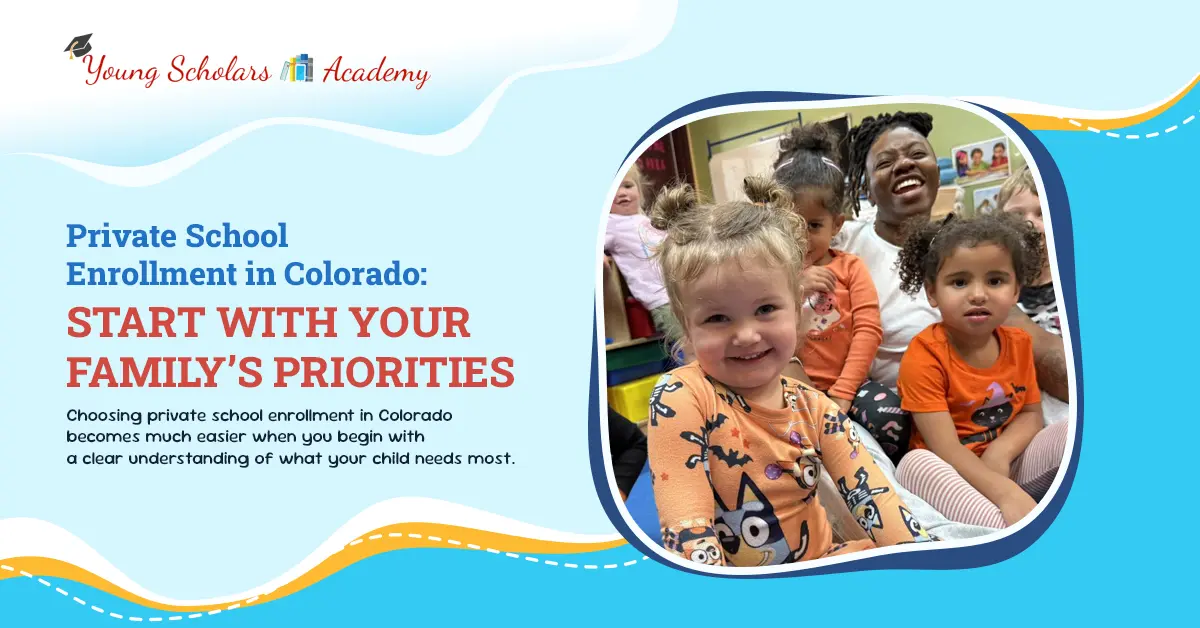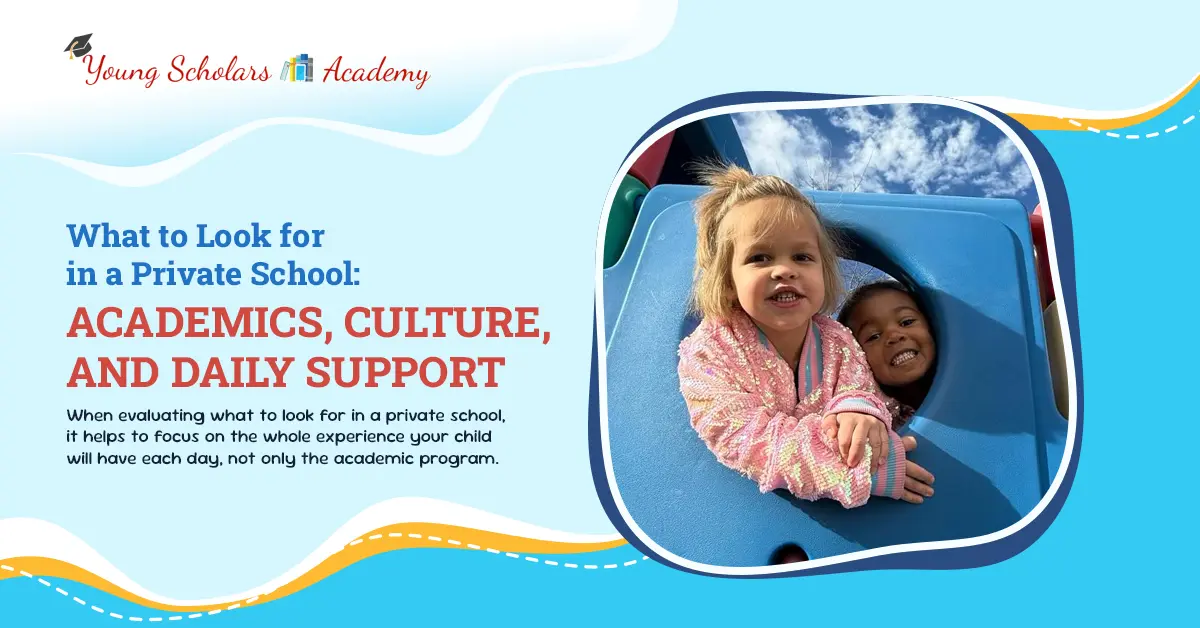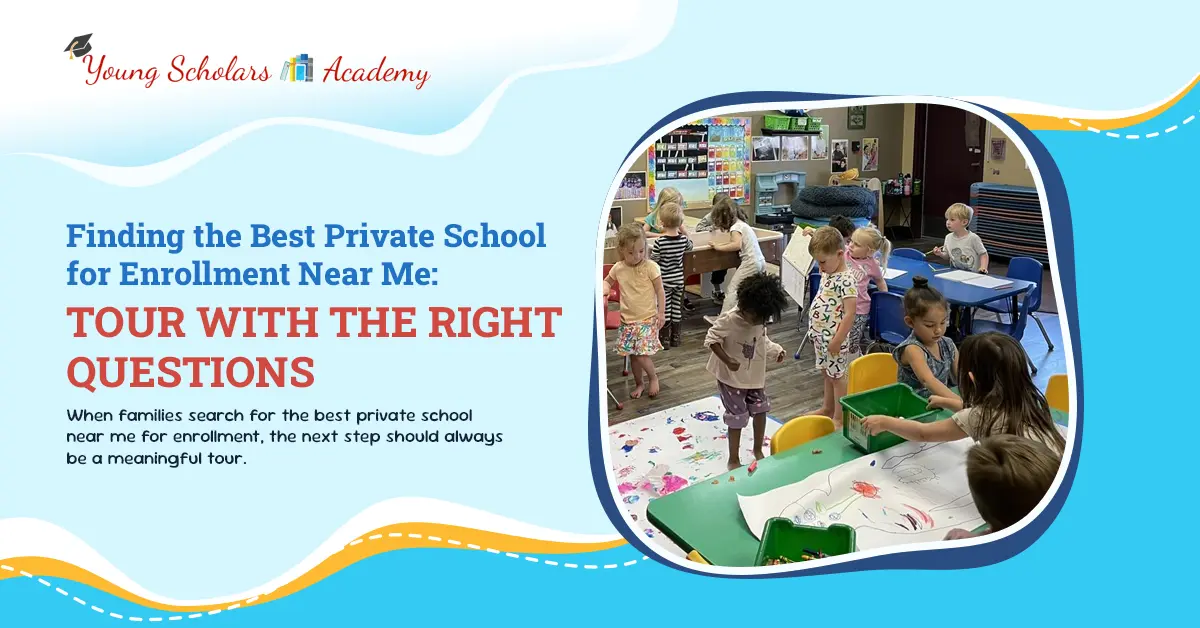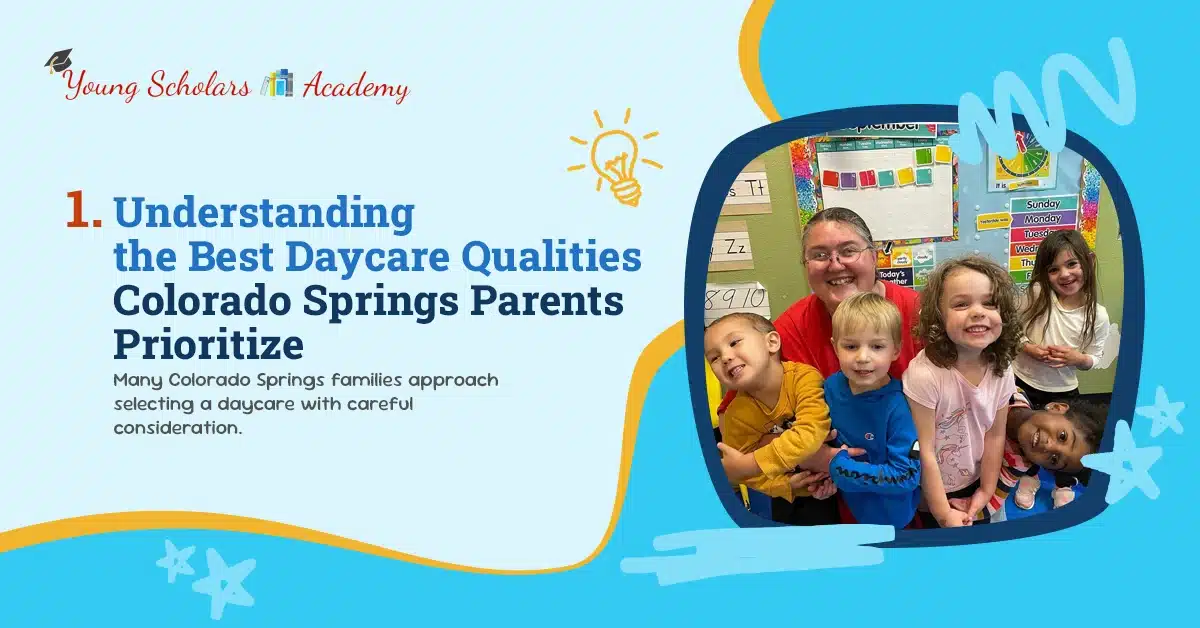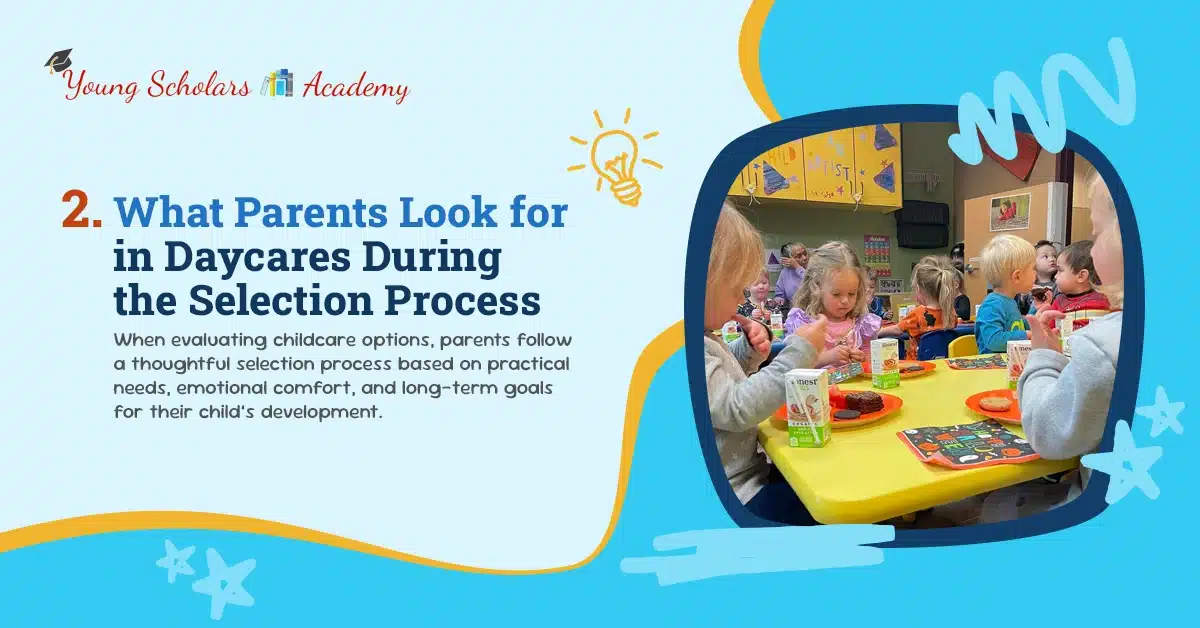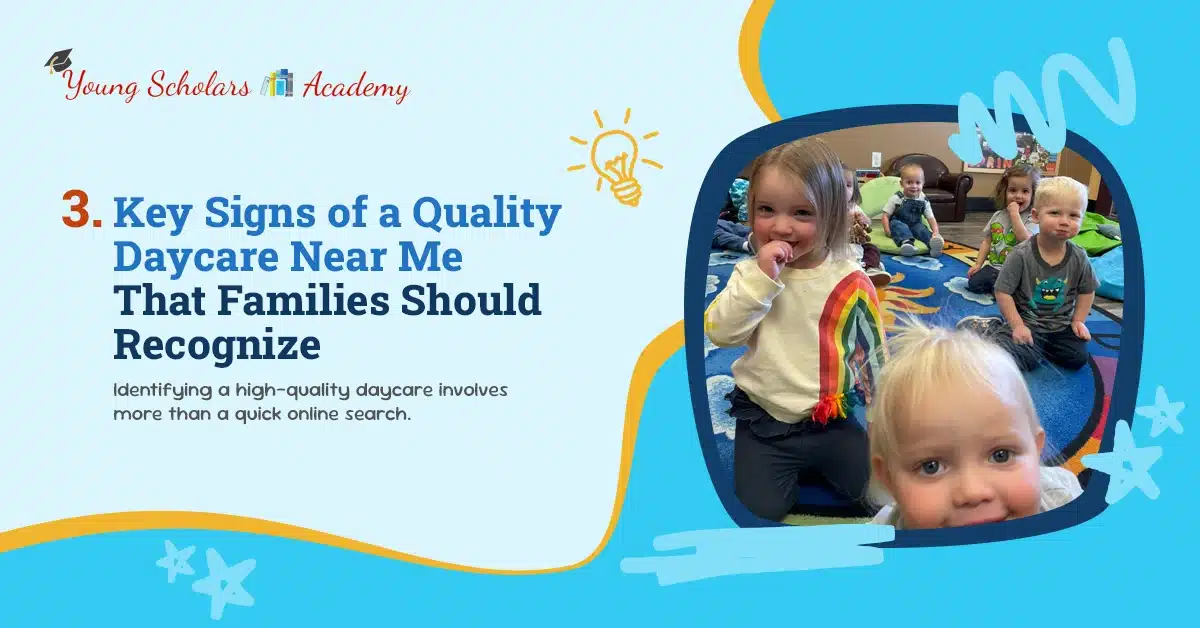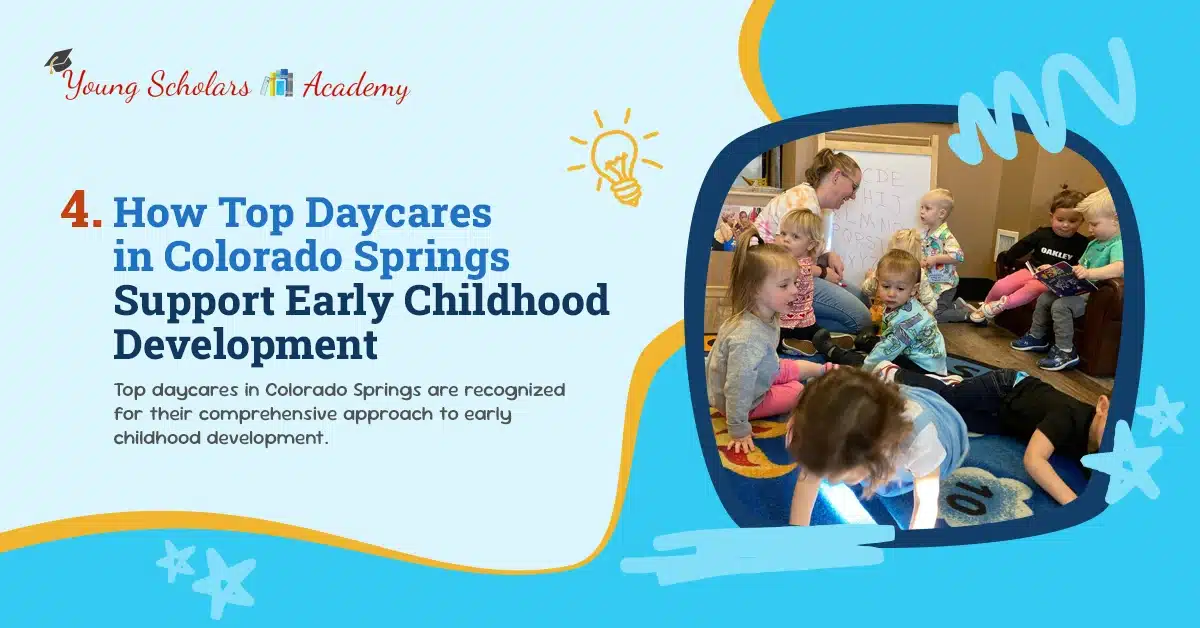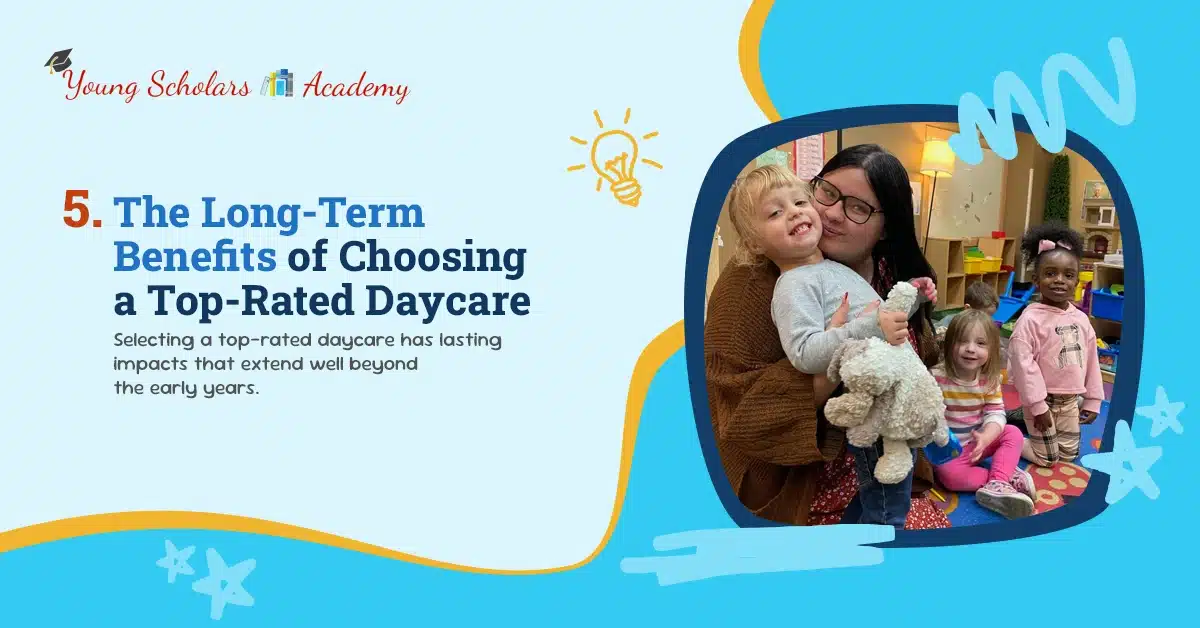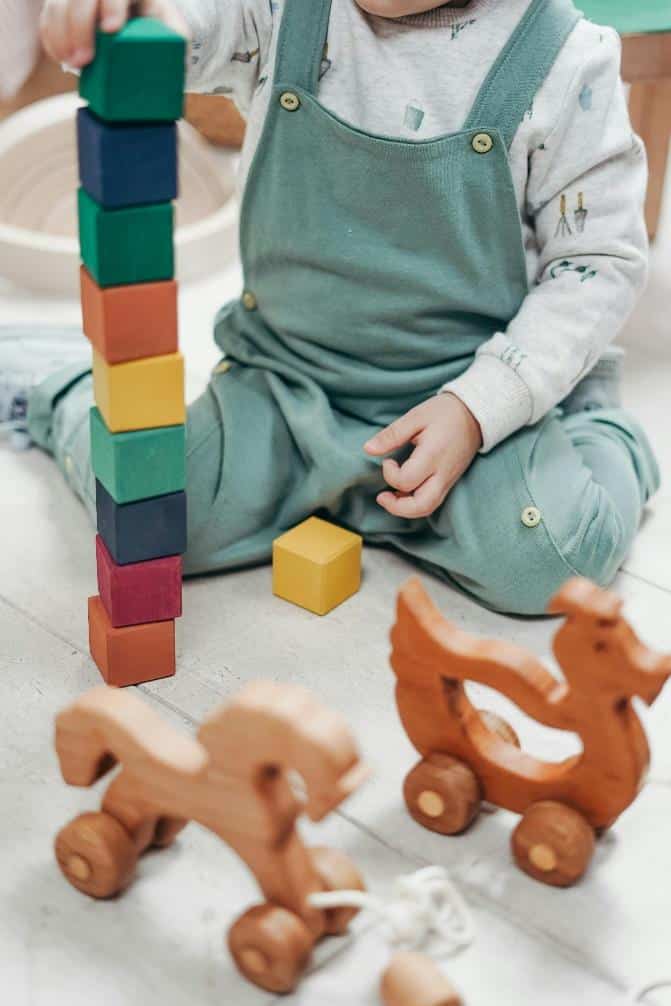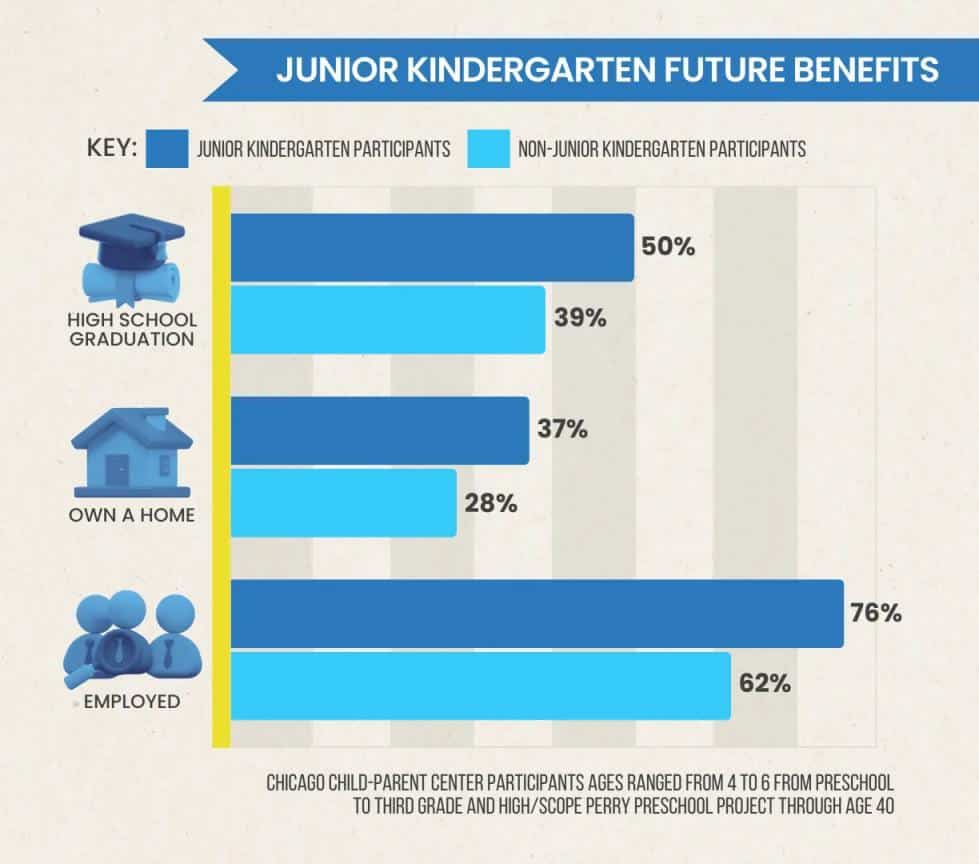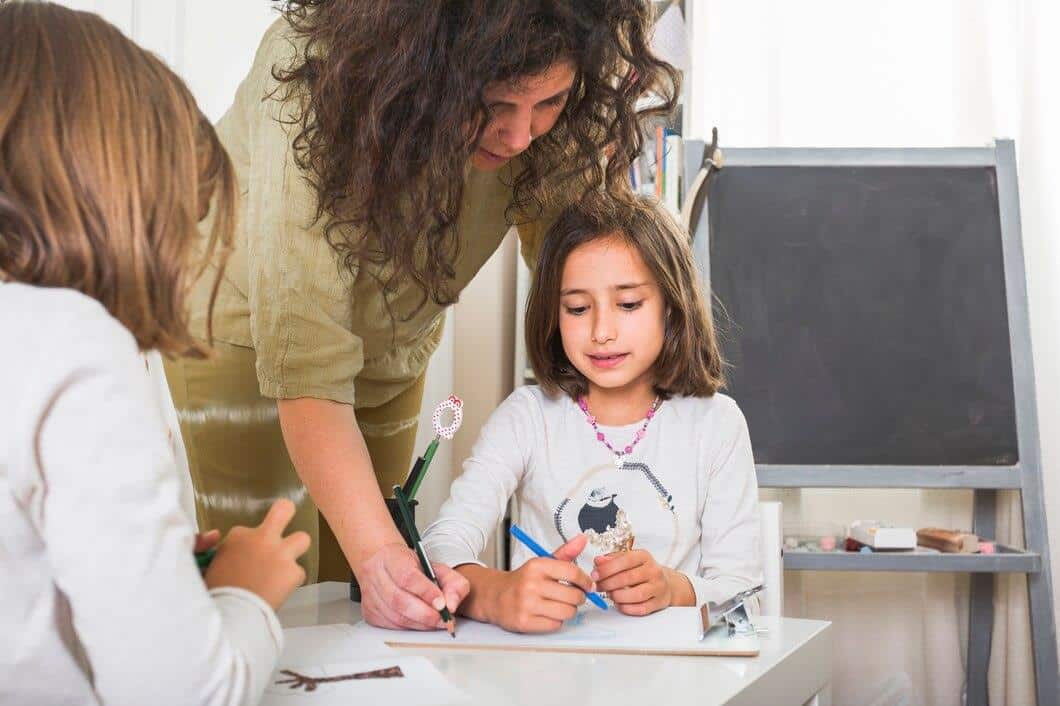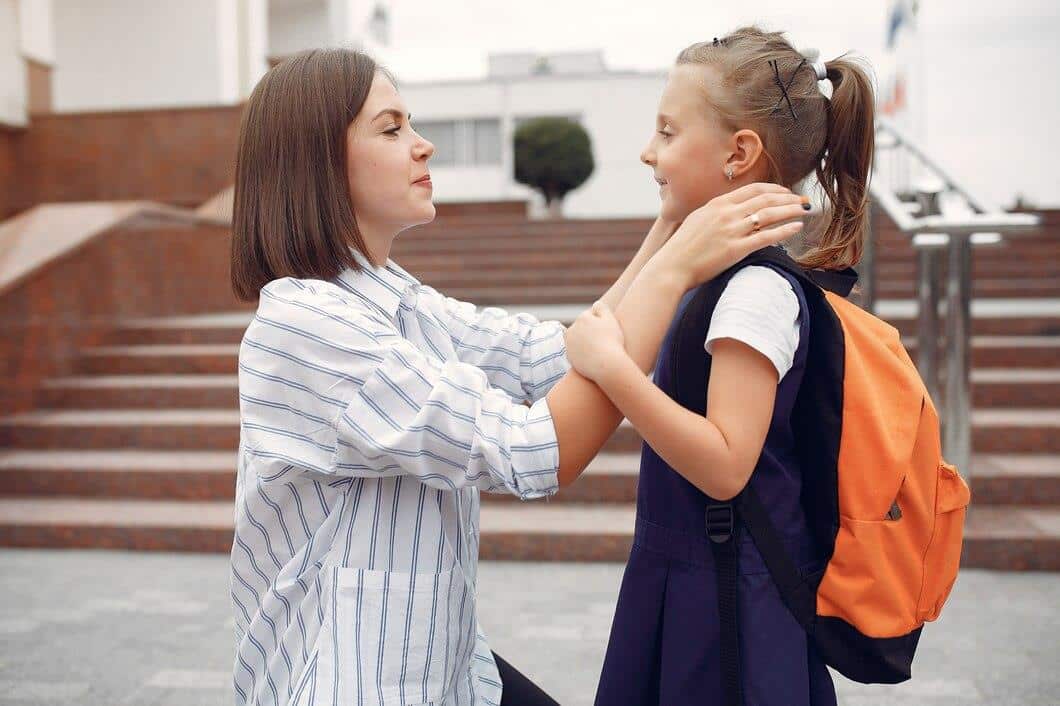How to choose a private school in Colorado is one of the most important decisions families can make before enrollment. The right school should feel like a strong match for your child’s learning style, academic needs, and overall development. As you begin comparing options, it helps to look beyond tuition and location and focus on what truly supports long-term success.
Consider the school’s curriculum, classroom environment, teacher experience, safety practices, and communication with families. A quality private school will offer a balanced approach that builds confidence, curiosity, and readiness for the next stage of learning.
Private School Enrollment in Colorado: Start With Your Family’s Priorities
Choosing private school enrollment in Colorado becomes much easier when you begin with a clear understanding of what your child needs most. Every student learns differently, and the right school should support academic growth while also helping your child feel secure, encouraged, and motivated each day. Before comparing programs, take time to define what matters most to your family so your decision is based on long-term fit rather than convenience.
Identify Your Child’s Learning and Development Needs
Start by thinking about how your child learns best. Some children thrive in structured environments with consistent routines, while others benefit from a more hands-on approach that encourages exploration and movement. Consider your child’s attention span, confidence in social settings, and readiness for academic expectations. If your child needs additional support, ask yourself what type of guidance would make them feel successful without added pressure.
Define Your Family’s Non-Negotiables
Private school choices often involve practical factors that directly affect daily life. These details can quickly narrow your list and help you focus on schools that truly work for your routine.
Key factors to consider include:
- Location and commute time
- Hours of operation and schedule flexibility
- Tuition range and what is included
- Communication tools and parent updates
- Policies for illness, safety, and attendance
Clarify What Success Looks Like for Your Child
It is helpful to picture what a successful year would look like. This might include stronger independence, improved social skills, greater confidence in learning, or a smooth transition into the next grade level. When you can define the outcome you want, you can better evaluate whether a school’s approach aligns with your goals.
Create a Shortlist Before Touring
Once your priorities are clear, choose a small group of schools that match your criteria. Review their program descriptions, age group offerings, and teaching philosophy. As you prepare to tour, write down the top questions you want answered. A focused shortlist will help you compare schools objectively and make an enrollment decision with clarity and confidence.
What to Look for in a Private School: Academics, Culture, and Daily Support
When evaluating what to look for in a private school, it helps to focus on the whole experience your child will have each day, not only the academic program. A strong school should provide quality instruction, a supportive classroom environment, and consistent routines that help students feel confident and capable. As you compare options, look for clear evidence that the school values both achievement and healthy development.
Academics That Build Skills and Confidence
A strong private school program should be structured, engaging, and aligned with age-appropriate expectations. Ask how lessons are taught and how progress is monitored throughout the year. High-quality schools often use a balance of instruction, hands-on learning, and meaningful practice to help students absorb concepts effectively. It is also essential to learn how the school supports different learning needs, including students who need enrichment or additional guidance.
Look for academic indicators such as:
- Clear curriculum goals by age or grade
- Consistent assessment and progress updates
- Small group learning or individualized support
- Focus on critical thinking and problem-solving
A Positive School Culture That Supports Growth
School culture directly impacts how children behave, communicate, and build relationships. During tours, pay attention to how teachers speak to students, how conflict is handled, and whether children seem engaged and comfortable. A healthy culture encourages respect, independence, and responsibility without relying on harsh discipline. It should feel structured, calm, and emotionally safe.
Questions to ask include:
- How does the school guide behavior and classroom expectations?
- What values are reinforced in daily routines?
- How does the school support social-emotional development?
Daily Support That Keeps Families Informed
Strong daily support includes reliable communication, consistent scheduling, and clear procedures that help families feel connected. Ask what systems are used for updates, photos, progress notes, and reminders. You should also understand how the school responds to parent questions and how concerns are handled if challenges arise.
Helpful support features often include:
- Daily or weekly parent updates
- Easy access to leadership and teachers
- Clear health and safety policies
- Smooth drop-off, pick-up, and transition routines
A private school that excels in academics, culture, and daily support creates an environment where children feel prepared to learn, and families feel confident in their choice.
Finding the Best Private School for Enrollment Near Me: Tour With the Right Questions
When families search for the best private school near me for enrollment, the next step should always be a meaningful tour. A school’s website can explain programs and values, but a tour helps you understand how the environment feels in real time. The goal is to walk away knowing whether your child will be supported academically, socially, and emotionally in that setting. Touring with prepared questions also helps you compare schools more confidently and avoid making decisions based solely on first impressions.
Observe the Environment and Classroom Engagement
As you walk through the school, look for signs of structure, warmth, and active learning. Children should appear engaged, supported, and appropriately challenged. Notice whether classrooms feel organized and calm, and pay attention to how teachers guide transitions, redirect behavior, and encourage participation. A strong learning environment often includes hands-on activities, clear routines, and consistent teacher presence.
Key details to observe:
- Classroom layout and learning materials
- Teacher-to-student interaction and tone
- Cleanliness and general organization
- How children transition between activities
Ask Questions That Reveal Real Daily Operations
A tour should give you more than a general overview. The right questions help you understand how the school operates on a normal day, not just during enrollment season. Ask about class size, staffing consistency, and how the school measures progress. You should also ask how the school supports students when they struggle academically or socially, and what happens when a child needs additional guidance.
Consider asking:
- How do teachers track learning progress throughout the year?
- What support is available for different learning needs?
- How does the school handle behavior and conflict resolution?
- What does a typical day look like for this age group?
Confirm Safety, Communication, and Policies
Families should feel confident about safety procedures and daily communication. Ask about building access, supervision, emergency preparedness, and health protocols. It is also essential to understand how information is shared with parents, including updates, conferences, and any classroom reporting tools. Clear policies reflect an organized school and reduce uncertainty for families.
Important topics to cover:
- Secure entry and check-in procedures
- Illness guidelines and attendance expectations
- Parent communication systems and response time
- Drop-off and pick-up supervision
A thoughtful tour lets you evaluate both the classroom experience and the systems that support it, helping you select a school that supports your child and earns your trust.
Review Safety Policies, Classroom Management, and Daily Procedures
Safety, consistency, and daily structure are some of the most important factors in a private school setting. Even the strongest curriculum can fall short if a school lacks reliable procedures for supervision, behavior guidance, and classroom routines. When reviewing options, take time to understand how the school protects students, maintains a positive learning environment, and runs daily operations that support both children and families.
Safety Policies That Build Real Peace of Mind
A quality private school should have clear safety systems that are followed every day, not only listed on paper. Ask about secure entry procedures, visitor policies, and how the school manages supervision across classrooms, hallways, outdoor areas, and transitions. It is also vital to understand emergency planning and staff training. Strong safety practices reduce risk while helping children feel calm and protected throughout the day.
Look for safety features such as:
- Controlled building access and authorized pick-up procedures
- Supervised drop-off, pick-up, and classroom transitions
- Emergency plans for weather, drills, and unexpected situations
- Staff training in safety procedures and basic first response
Classroom Management That Supports Growth and Respect
Effective classroom management should create structure without creating fear. Ask how teachers guide behavior, redirect students, and support emotional regulation. The best schools use consistent expectations across classrooms, so children understand what is expected and feel secure in the routine. You should also ask how the school handles repeated behavior concerns and how they work with families to support improvement.
Positive classroom management often includes:
- Clear classroom rules and consistent daily routines
- Age-appropriate guidance and redirection
- Focus on problem-solving, communication, and self-control
- Parent collaboration when concerns arise
Daily Procedures That Keep Learning Organized
Daily procedures shape how smoothly children move through the day and how much time is spent learning rather than correcting confusion. Ask what a typical schedule looks like, how activities are structured, and how the school supports students during key routines such as meals, rest periods, hygiene, and transitions. Strong procedures help children build independence while keeping the day predictable and calm.
Helpful daily procedures include:
- Consistent schedule that balances learning, play, and movement
- Organized classroom materials and defined learning centers
- Clear routines for meals, rest, and personal care
- Communication tools for updates, reminders, and classroom notes
When safety, classroom management, and daily procedures are handled well, children can focus on learning and relationships, and families can feel confident in the environment they are choosing.
Conclusion
Choosing the right private school in Colorado is an important decision, and the best choice is one that supports your child academically while also providing a safe, consistent, and nurturing environment. By starting with your family’s priorities, evaluating the school’s culture and daily structure, and touring with the right questions, you can make a confident enrollment decision based on what truly matters. A strong private school will offer more than a classroom experience. It will provide meaningful guidance, trusted routines, and a learning community where your child can grow with confidence.
Ready to take the next step? Contact Young Scholars Academy to schedule a tour and learn more about enrollment by visiting https://youngscholarsacademycolorado.com/contact-us/ or calling (719) 522-9099.
